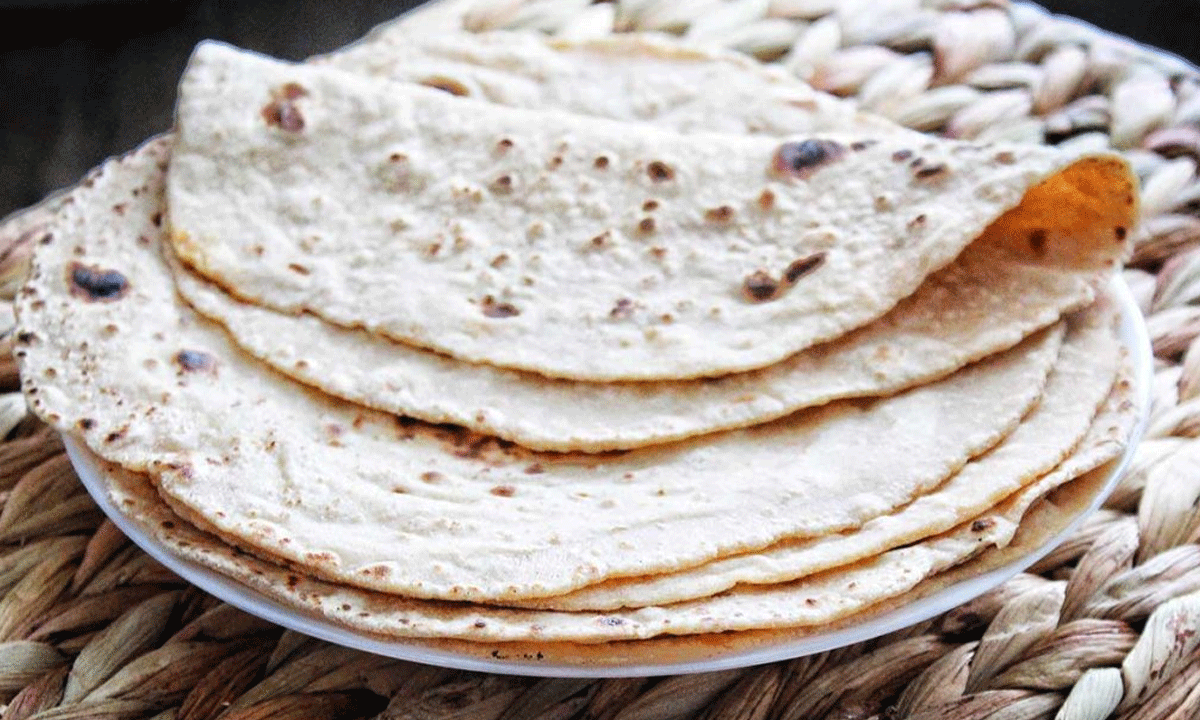Is Eating Chapati Daily Good for Diabetics? Here’s What Experts Say
In recent years, there has been a significant rise in the number of people affected by diabetes (diabetics), prompting many to adopt healthier food habits.

In recent years, there has been a significant rise in the number of people affected by diabetes (diabetics), prompting many to adopt healthier food habits. A common change among diabetic individuals is reducing or avoiding rice and turning to chapatis, jowar rotis, or other whole grain options as a staple in their diet.
Table of Contents
But is it truly beneficial for diabetics to eat chapatis every day? Let’s understand what health experts have to say.
Also Read: Richa Chadha Shares Adorable Glimpse of Baby Zuneyra on Instagram
Chapatis Have a Low Glycemic Index
When compared to rice, chapatis are considered more diabetic-friendly. According to health experts, chapatis made from whole wheat flour have a lower glycemic index (GI). This means they raise blood sugar levels gradually, which is crucial for managing diabetes.
Because of this slow release of glucose, chapatis are recommended for those with high blood sugar levels or people who want to maintain their blood glucose within a healthy range.
Helps Reduce Glucose and Cholesterol Levels
Daily consumption of chapatis may help in reducing blood glucose and cholesterol levels, making it a healthy addition to the diet of diabetics. Health professionals emphasize that the nutritional composition of whole wheat flour, especially its fiber content, supports overall metabolic health.
Aids in Preventing Constipation
In addition to regulating blood sugar, chapatis help in improving digestion. Whole wheat flour used in chapatis is rich in dietary fiber, which supports the digestive system and prevents constipation. This, in turn, enhances gut health and improves bowel movements.
Effective for Weight Management
Chapatis are also beneficial for weight control. On average, one chapati contains about 70 to 100 calories. The high fiber content in chapatis helps promote a feeling of fullness, reducing the likelihood of overeating. As a result, it can support weight loss and help in maintaining a healthy weight—a key aspect of managing diabetes.
